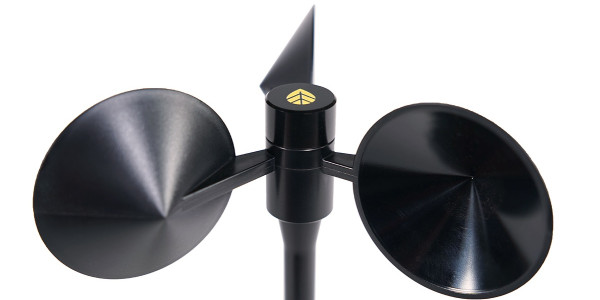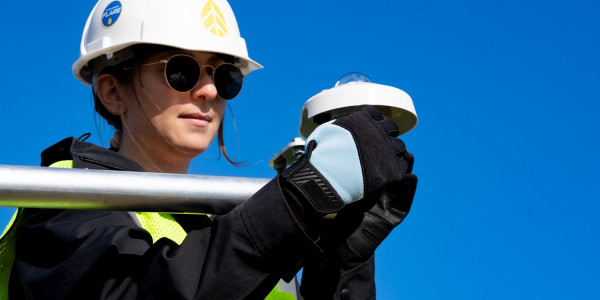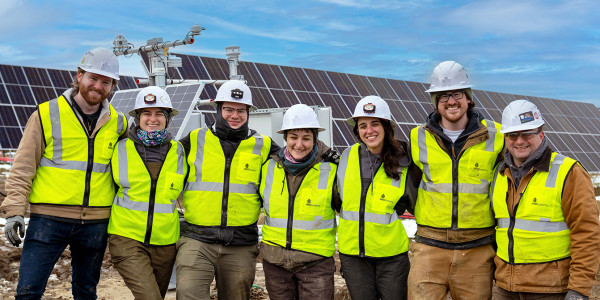September 16, 2011 | Climate Change, Sustainability + Energy, Vermont Community,
August 29,2011. It’s a beautiful late summer day in the Mad River Valley, 72 degrees, white puffy clouds and a cool breeze. I’m stranded at my home on Rice Mountain in Warren, Vermont after my driveway washed out in the worst flooding since 1927. Unfortunately many folks in my town and all over our state are in worse circumstances -- homes and businesses destroyed, major roads washed away, farmland flooded.
Metrics
In 1927 the gauge on the Mad River registered 19.5’, the highest ever recorded. Last night it reached 19.0’. Now it’s back down to 6’, three feet above normal. The whole cycle from a lazy summer river to a raging destroyer back to a pastoral river took less than 36 hours.
In 1998 the gauge read just over 14’. That was described as a 500-year flood. Including yesterday there have been five 500-year floods in the last 83 years, three of them since 1979. Now by my reckoning either the metric is flawed, or something has changed drastically since it was established. I guess I favor the latter which is why I work in the wind power industry.
An inconvenient truth
The simplest picture of climate change is that as the climate warms, the dry places will get drier (Texas and Australia for example) and the wet places wetter (Vermont and Bangladesh for example) and the extremes more extreme – 105 degree temperatures in Washington, DC and 150 mph winds in New Orleans. The science is compelling that increasing atmospheric CO2 is responsible for the warming, and atmospheric dynamics for the effects. I am also reasonably convinced that we humans are the culprits, but even if we are not, can’t we stop pumping so much CO2 into an already overburdened atmosphere? Sadly, I’m afraid not. A majority of Republicans in Congress and all the Republican candidates for President have denied, if not the fact of global warming, the cause and the source. The reason for their position is pretty transparent. As Al Gore noted, it is an inconvenient truth. Recognizing it requires difficult, even painful changes to our lives, and we humans are notoriously bad at making such changes, at least until disaster strikes.
The Future
So, will Hurricane Irene and the floods in Vermont do the trick? I am not confident, but I and my colleagues and many others around Vermont, the country and the world will keep trying to implement solutions such as wind power, which can, if encouraged and promoted, make these difficult and painful changes that must eventually come, like Autumn after Summer, less difficult and painful.





